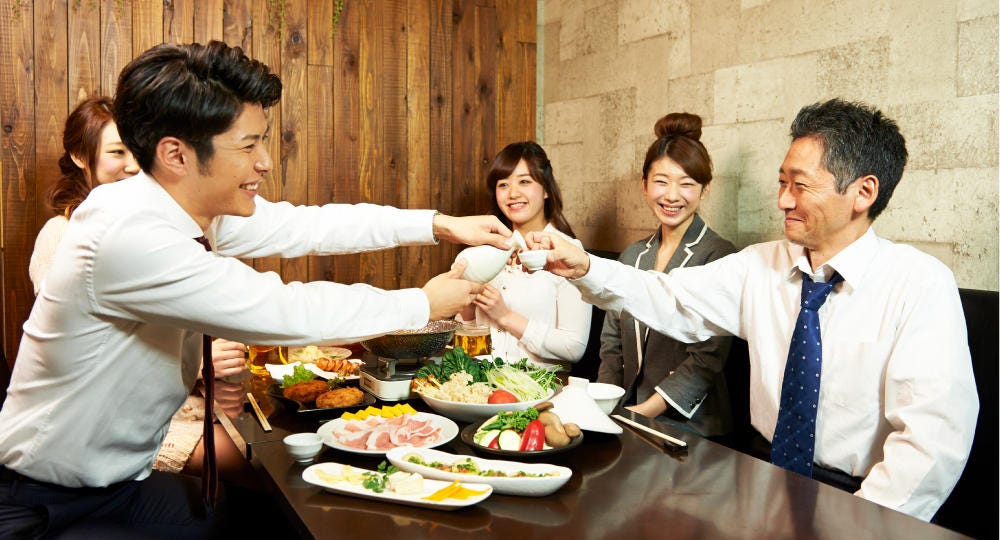The Role of Food and Drink in Japanese Business
Japanese culture possesses a rich tapestry of traditions and etiquettes; notably, food and drink hold a special place in social and business landscapes. For the uninitiated business traveler or culture explorer, understanding the role of culinary practices in Japanese business interactions is not just helpful—it's essential. This guide aims to unlock the intricacies of how food and drink facilitate Japanese business dealings, offering insights into their profound cultural significance.
The Significance of Food in Japanese Business
In Japan, food is more than sustenance; it's a form of art, a medium of expressing hospitality, and a tool for building connections. The emphasis on freshness, seasonality, and presentation showcases a deep respect for the cuisine and the guests. In business settings, meals offer a rare opportunity to establish trust and strengthen relationships outside the formal confines of the office. Dishes such as sushi, sashimi, and seasonal specialties do more than tantalize the palate—they serve as shared experiences, bridging gaps between colleagues and partners.

The Role of Drink in Japanese Business
Similarly, beverages—from sake to meticulously prepared green tea—play pivotal roles in Japanese business etiquette. Sharing a drink in a quiet tea room or a bustling izakaya can significantly ease communication, allowing for more open and personal exchanges. Drinking practices, including the thoughtful pouring of sake for one another, exemplify mutual respect and camaraderie, laying a foundation for fruitful business relationships.
The Art of Feasting in Japanese Business
The art of drinking, extends beyond mere consumption. It encompasses the nuances of social interaction, signifying respect, trust, and a willingness to engage personally. Understanding the delicate dance of drinking and feasting can be advantageous in negotiations, as it often symbolizes a readiness to move beyond formalities towards a more genuine partnership.
The Significance of Food and Drink in Japanese Business Meetings
The venue, menu, and beverage choices are reasonable in business meetings. These elements cumulatively set the tone, indicating the host's respect for the guests and the importance of the occasion. Successfully navigating these dining experiences can influence the direction and outcome of business discussions, demonstrating an understanding and appreciation of Japanese cultural norms.
Implications for International Businesspeople
For international business professionals aiming to engage with Japanese firms, appreciating the role of food and drink is crucial. Here are several practical tips:
Understand the significance: Recognize that dining together is essential to building business relationships in Japan.
Respect traditions: Be open to engaging in traditional practices, such as accepting dishes or drinks served, to show respect and camaraderie.
Observe etiquette: Familiarize yourself with basic Japanese dining etiquette, such as saying "itadakimasu" before eating and "gochisosama deshita" to express gratitude after a meal.
Conclusion
The importance of food and drink in Japanese business must be considered. These elements serve as vital bridges in establishing and nurturing professional relationships. International businesspeople can enhance their endeavors in Japan by approaching Japanese business interactions with an understanding and appreciation of these culinary traditions. Engage with an open mind and a willingness to partake in these rich cultural practices and discover how they can enrich your business ventures and your personal appreciation for the depth and breadth of Japanese culture.


